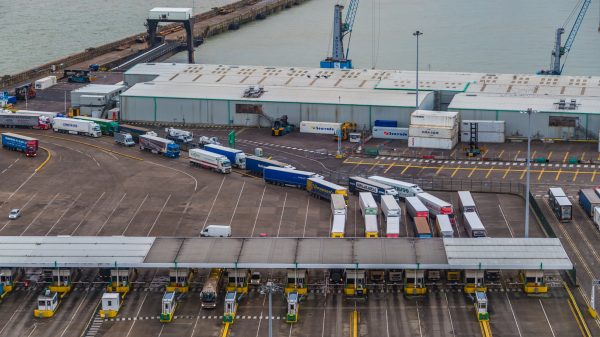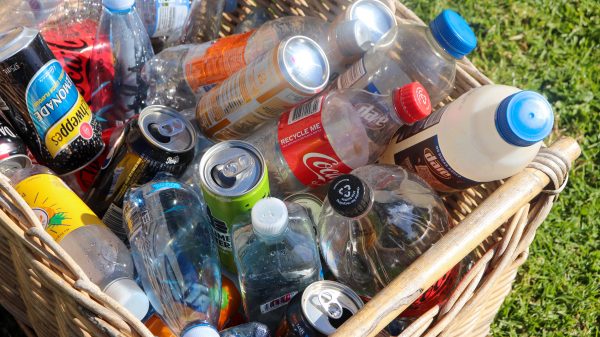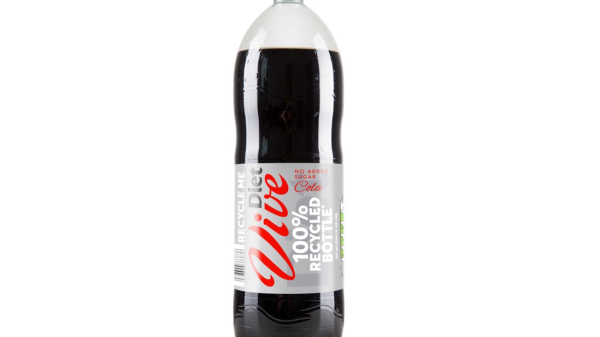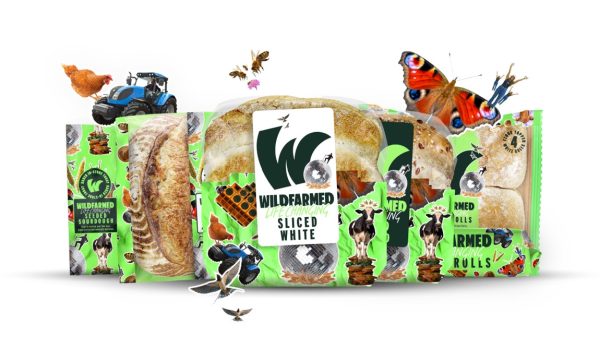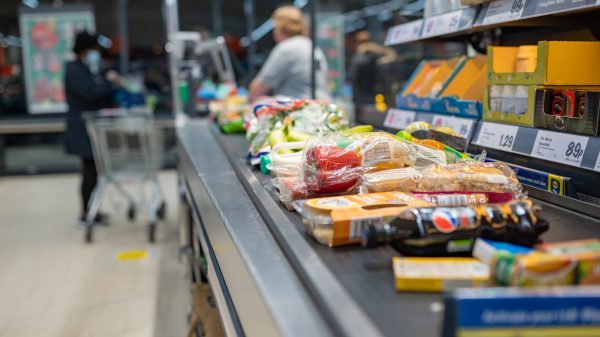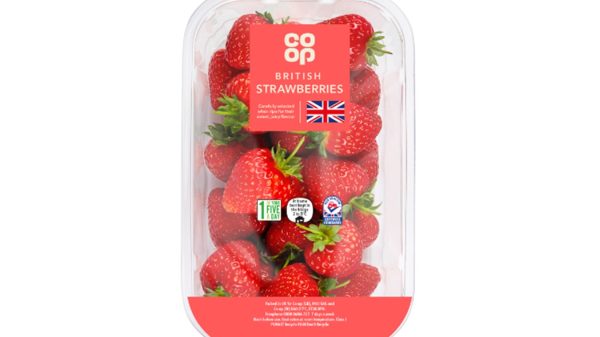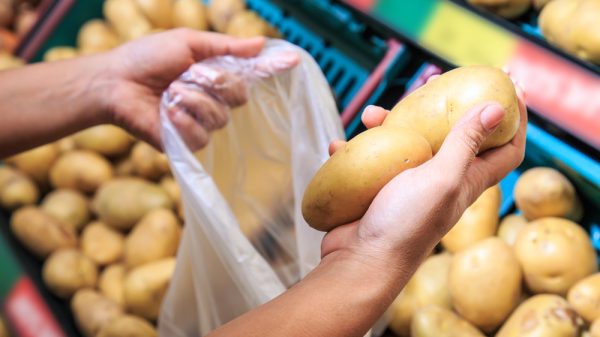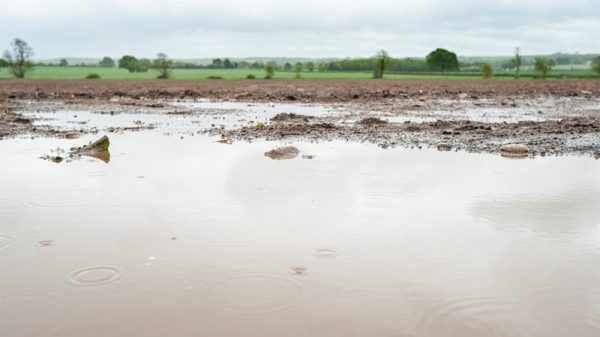Widely considered to be the fastest-growing sector globally – and coupled with the need for constant innovation across the retail and farming industry – renewable energy and environmental improvement projects have been a crucial part of the UK farming sector for some time.
It’s crucial that farm businesses are supported through the current economic challenges and can deliver both for food production and for the environment.
As the need for clean, sustainable energy increases – and renewable technologies get ever more advanced – more farm-based renewable energy and eco-aware projects are now receiving funding than ever before.
The government actively encourages this, with DEFRA’s Environmental Land Management Scheme (ELMS) financially rewarding farmers and landowners for introducing sustainable practices and nature improvement work, proving that a strong environment and a strong economy are not mutually exclusive.
As the UK faces down the barrel of the cost-of-living crisis, rising inflation, a plummeting pound and politically turbulent times, the sustainable projects and eco-friendly initiatives being introduced across the UK farming sector offer a glimmer of hope for the months and years ahead.
Carbon Clarity x Morrisons
The Prince’s Countryside Fund launched the ‘Carbon Clarity’ programme, aiming to support Cumbrian farming families to reduce their carbon footprint.
The charity, founded by King Charles III, has partnered with Morrisons in a three-year plan which will see the initiative providing up to 20 families with an introduction into on-farm carbon opportunities.
The new initiative builds on the partnership’s Farm Resilience Programme that has helped over 1,000 UK farmers to build their businesses over its six-year running, in which for every £1 invested, farmers involved see a £3 return.
The programme will see Farm Carbon Toolkit’s workshop consultant, Becky Wilson providing farming families with group workshops and assistance from non-profit organisation The Farmer Network Cumbria, to create a carbon ‘action plan’.
“Climate change is one of the biggest challenges for our generation and growing our food is a contributor to greenhouse gas emissions,” Morrisons head of agriculture, fisheries and sustainable sourcing, Sophie Throup said.
“But we understand that it can be difficult for farmers to access information about what they can do on their own farms to help reduce carbon.”
“As British farming’s biggest supermarket customer, we’re in a unique position to guide our farms and help lead changes in environmental practices – so we’re delighted to support this scheme to help the UK’s smaller farms.”
Ellie Burnage, head of external affairs at The Prince’s Countryside Fund said the programme is yet to begin, they are however recruiting farmers until the end of October.
Ellie Burnage told Grocery Gazette: “The Prince’s Countryside Fund does expect to see an improvement in the awareness of carbon over the next year; this programme will help up to 40 families in Cumbria create a carbon action plan ensuring they can make tangible changes on farm.
“With Morrisons we hope to roll the programme out to other locations over the next two years.
“We know that there will be a greater focus on farm carbon emissions over the coming years, and The Prince’s Countryside Fund wants to ensure that every farm in the UK, no matter their size, is able to access expert advice and feel confident to manage their carbon, contributing to a more sustainable farming sector in the UK,” she said.
Agrisound x M&S
Agri-tech start-up AgriSound is doing something interesting in the sustainable farming space – by helping farmers to better manage pollinators and increase crop yields.
The company recently entered into a partnership with M&S in a three-year deal, the collaboration sees two M&S Select Farms in Kent and Cambridgeshire install sensors that allow them to track the number of pollinators (e.g. bees) visiting their farm in real-time, and set targets for improving insect numbers.
The technology, named PollyTM, monitor the density of key pollinators including bumblebees and honeybees.
Currently, over 70% of the world’s food crops grown for human consumption rely on pollinators for sustained production, yield and quality – and this is something the start-up is attempting to use to their advantage.
Launched last year, the move came as part of the M&S’ five-year Farming with Nature programme, desgined to support the retailer’s Select Farmers to become more resilient to climate change and biodiversity loss.
“Pollinators play a vital role in helping us to deliver the best quality fruit we can at the farm – so we’re keen to see the impact of different wildflower densities in the orchard alleys on activity,” Plumford Farm director, Chris Elworthy said.
He added: “With so many current environmental challenges, it’s now more important than ever to understand pollinators better.”
Earthwatch x Tate and Lyle
Earthwatch is an environmental charity being supported by Tate and Lyle as part of its sustainability programme.
The programme is aimed at sustainably growing a natural sweetener and sugar alternative named ‘stevia’, and supporting participating farmers to implement best practices.
A world leader in ingredient solutions for healthier food and beverages, Tate & Lyle will be working alongside Earthwatch Europe to develop the programme.
“Supporting sustainable agriculture is front and centre of our plans to deliver on our commitment to be carbon net zero by 2050, to help our customers deliver on their carbon reduction commitments and to build a thriving farming community,” Tate and Lyle CEO Nick Hampton said.
“Our stevia programme in China epitomises our purpose in action and is laying the groundwork for the sustainable development of the stevia industry. We are excited to share our lessons and experiences to strengthen sustainability in the stevia supply chain and help farmers to unlock economic benefits for their communities.”
Earthwatch director of programmes and partnerships Maria Pontes also added the partnership, through its hands on approach to trialling change and sharing knowledge, has engaged farmers, encouraging them to improve the sustainability of their growing practices.
“We recognise the importance of supply chain resilience, so supporting growers and building a strong supplier network, while making a real change to the environment, is a priority. We really look forward to continuing to work with Tate & Lyle to develop this programme.”
The way forward
Ultimately, the future seems bright in the world of sustainable farming.
With support from some of the largest retailers, the sector will always be funded and companies will always be keeping the interests of their customers in mind.
Even over the next year, it’s inevitable that more projects will be introduced, helping to revolutionise how we think about food and healthy eating – and showing that healthy, affordable food doesn’t need to cost the earth.

